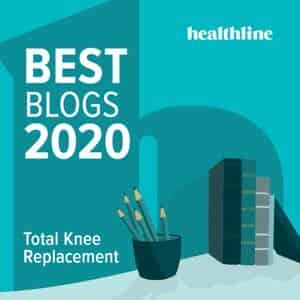Has the choking situation just started since having surgery or has this been an ongoing problem? You may want to check with your primary care physician about this.
Just to clarify on the pillows and wedge, I may not have explained properly. They are used to elevate the upper half of your body, not tilt your head/neck down.
You should probably get this checked out, especially if you snore. I am not a medical professional but as I suffer from sleep apnea and my husband does as well, if you are having these symptoms, talk to your physician. Always better safe than sorry.
Just to clarify on the pillows and wedge, I may not have explained properly. They are used to elevate the upper half of your body, not tilt your head/neck down.
You should probably get this checked out, especially if you snore. I am not a medical professional but as I suffer from sleep apnea and my husband does as well, if you are having these symptoms, talk to your physician. Always better safe than sorry.
Last edited by a moderator:



 United States
United States





